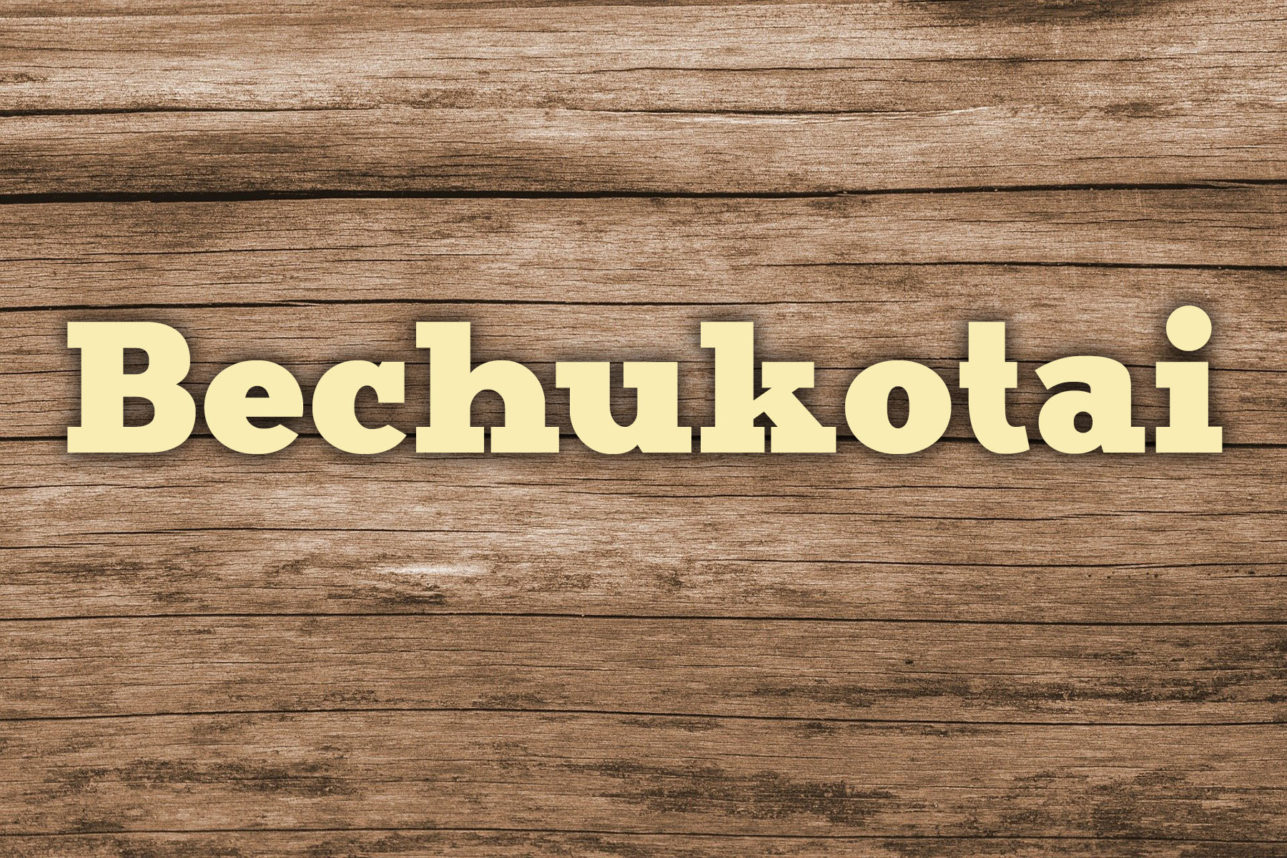We Matter: Parashat Lech Lecha (Genesis 12:1-17:27)
Last week’s Torah portion ends with a genealogy, a long list of names of who begot whom and how long they lived. It is one of many genealogies in the Torah. It used to be that when I encountered those lists, I tuned out; I found them boring. But then I read a book by Thomas Cahill called “The Gifts of the Jews” (Anchor, 1999).





 More news and opinions than at a Shabbat dinner, right in your inbox.
More news and opinions than at a Shabbat dinner, right in your inbox.